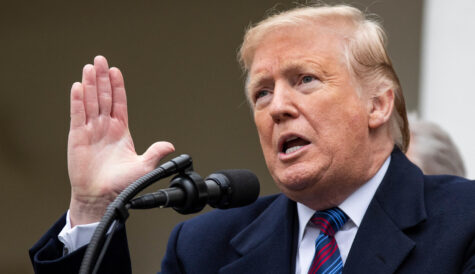BBC announces major management shake-up, appoints former Sony CEO
The BBC’s governing body the BBC Trust said the corporation is due to undergo a major management shakeup, at the same time as it appointed former Sony chairman and CEO Sir Howard Stringer to its executive board.
Announcing the conclusions of a governance review, the BBC said that there would be a series of changes to the working relationship between the BBC Trust and Executive, claiming that there is currently “confusion about who is responsible for what in certain key operational areas.”
Part of the plans, which are due to come into effect on April 1, 2014, include a “radical reconfiguration” that will see 60% of the BBC’s pan-corporation boards removed. The Trust said this will “eliminate duplication, speed-up decision-making and ensure that all staff understand where responsibility lies.”
The BBC said that it aims to establish greater separation between the Trust and Executive, with the Trust responsible for setting the overall strategic framework for the BBC and the Executive responsible for delivering this. This will mean that the Trust will no longer be involved in operational decision making, creating a “change in the working culture on both sides.”
The BBC said that it will hire more non-executive directors, who will take six seats on the board rather than the current four. These non-exec directors provide external expertise and adopt a “more prominent public-facing role.”
In line with this, the BBC said that Stringer will be joining the BBC Executive Board as a non-executive director from January 1, 2014, marking the first in the series of new non-exec appointments which will continue in the new year.
“People don’t just expect the BBC to produce great programmes, they want it to be run well. While much has gone well in the past, the last 15 months have seen a number of significant failures,” said BBC Trust chairman Lord Patten.
“As a result Tony Hall and I have agreed some very sensible changes to how the relationship between the Trust and Executive works, so we are clearer about who does what, and we are accountable and transparent. It means the BBC can get on with the job of running the BBC, and the Trust can rightly focus on holding the Executive to account on behalf of licence fee payers.”




